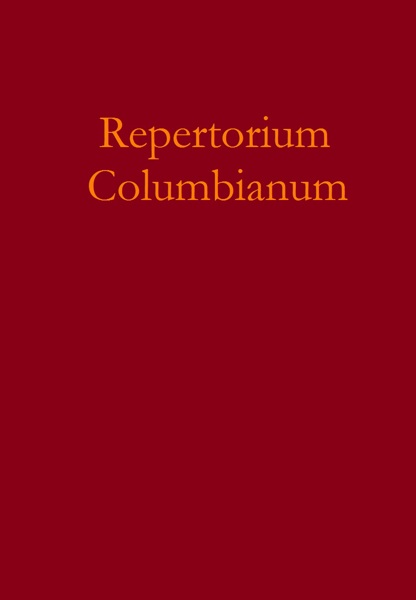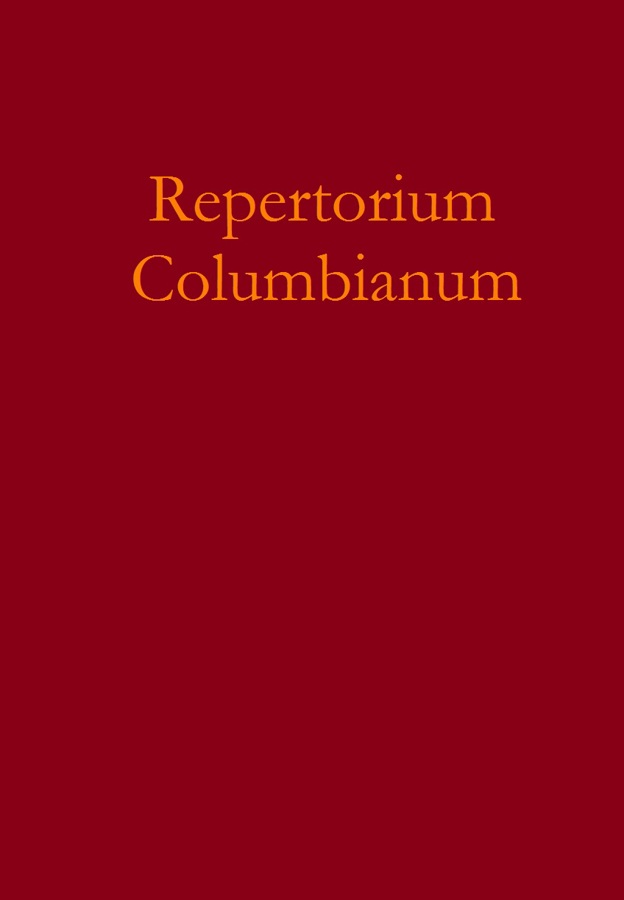
- Pages: 224 p.
- Size:180 x 260 mm
- Language(s):English, Spanish
- Publication Year:2000
- € 25,00 EXCL. VAT RETAIL PRICE
- ISBN: 978-2-503-51030-9
- Hardback
- Available
These are the collected writings of Gonzalo Fernández de Oviedo who saw Columbus as both the initator of a new scientific era and agent of imperial expansion, and was the first natural historian to attempt a systematic description of the flora and fauna of the Americas.
"Oviedo on Columbus demonstrates how powerful his work is with regards to interpreting the enterprise of the New World."
(S. Alamdari, Comitatus, 33, 2002)
For Bartolomé de Las Casas Columbus was the agent of God in a benign mission of evangelization but ended his career as a perpetrator of injustice against the indigenous peoples of the Antilles. A contrary image of Columbus as both the initiator of a new scientific era and agent of imperial expansion was first suggested by the author of the writings collected in this volume, Gonzalo Fernández de Oviedo. Oviedo was a natural historian who Humboldt states was the first to attempt a systematic description of the flora and fauna f the Americas. But he was also a tireless champion of the Spanish conquest and occupation of the Americas. Oviedo´s work is certainly, as Jesús Carrillo demonstrates, one of the earliest in which the objectives of science and empire are yoked together in a way which later became a feature of botanical, zoological and anthropological writing. The work comprises an introduction, text and modern English translation of parts of the following works: De la Natural Historia de las Indias, the Cahálogo Real e Imperial de Castilla, La Historia General y Natural de las Yndias, the Diálogo on Alonso de Córdoba and the Diálogo on Pedro González de Mendoza, and from the Quinquágenas de los generosos e ilustres e non menos famosos reyes. Four maps, twelve plates and a detailed index are provided.




